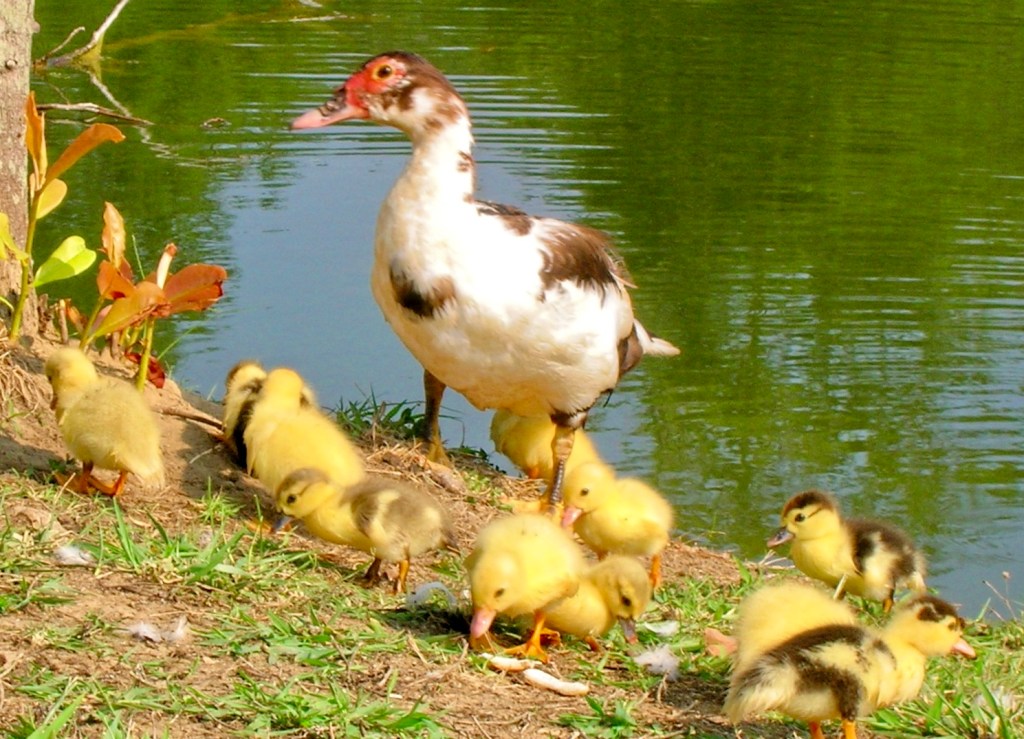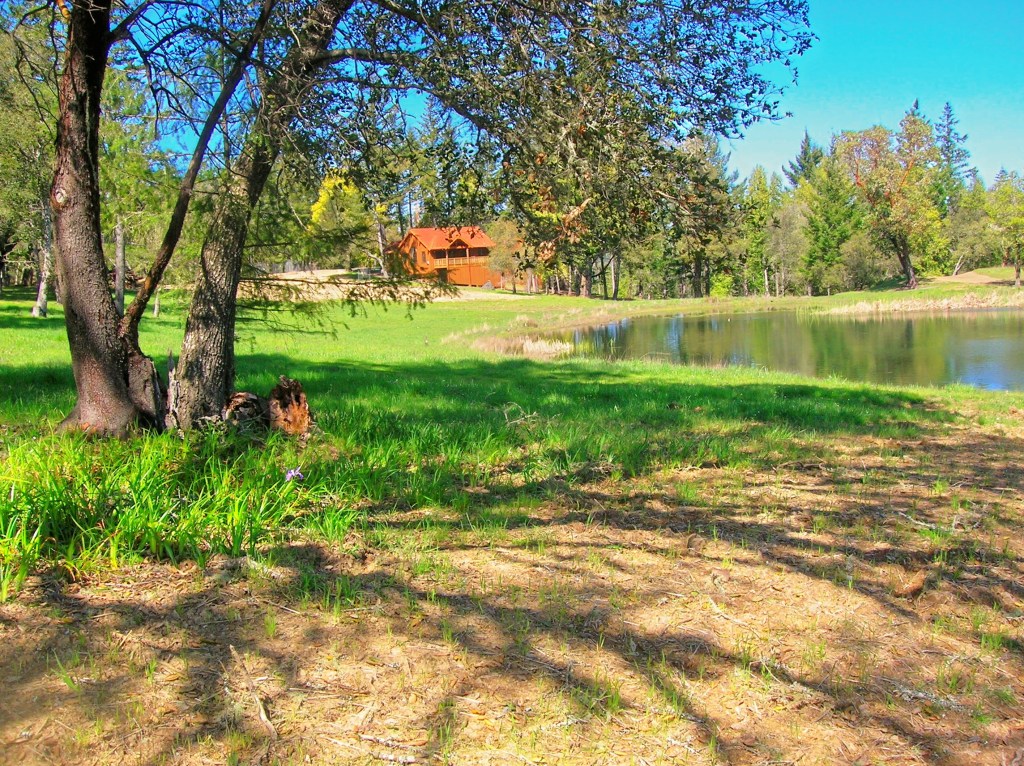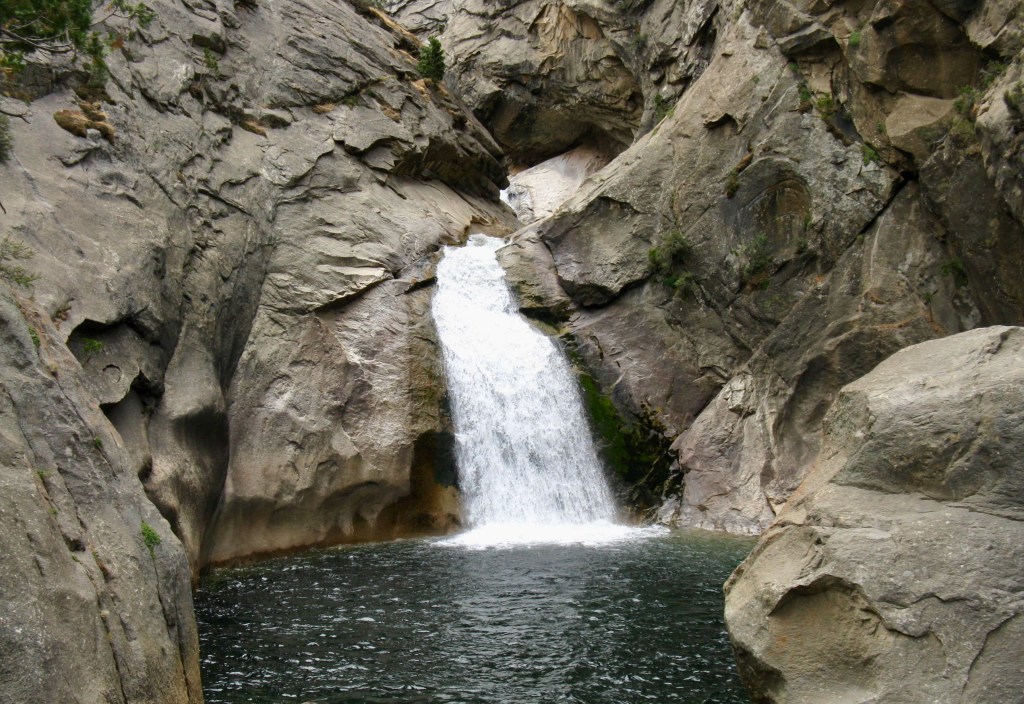
Did you enjoy spending time outside as a kid? I did. As a matter of fact, I don’t remember spending much time inside. I loved playing outdoors with pets we had over the years, including lots of dogs and cats, a couple rabbits, and a rooster that I treated like a baby. I enjoyed riding my bicycle and skateboard up and down the driveway. I reveled in turning cartwheels and doing handstands in the grass. I liked climbing trees and fishing with my grandmother at our little pond. I spent many hours on the cool ground looking for lucky four-leaf clovers. Sometimes, I’d link together the little clover flowers to make a crown garland. What are your most cherished childhood memories of being outside?

I don’t remember being sick very often as a child, and I think all the time I spent outdoors had a lot to do with it. Research shows time and time again how Nature makes us healthier. And increased vigilance due to ongoing covid concerns doesn’t preclude getting outside. In fact, being out in the elements can be a better bet than staying indoors.
I love to think of nature as an unlimited broadcasting station, through which God speaks to us every hour, if we will only tune in. ~George Washington Carver

- In an article on the Centers for Disease Control website entitled Are There Benefits to Spending Time Outdoors?, it is reported that, due to benes such as the opportunity to be active and the sun’s role in producing vitamin D, being outside may elevate your overall health and wellness. If those were the only significant findings from science in this area, they’re reason enough to get out in Nature, wouldn’t you agree? But there’s more.

- The EPA report Estimating Greenspace Exposure and Benefits for Cumulative Risk Assessment Applications is a lengthy document which addresses the findings of multi-disciplinary studies related to time outdoors. These include improved cognition, attention restoration, and improved immune function. Further, greenspaces can reduce exposures to air pollution and noise.

- From The Journal of Positive Psychology, Noticing Nature: Individual and Social Benefits of a Two-Week Intervention describes a 2-week study of 3 undergraduate groups assigned to focus on different environments: natural, man-made, and a control group with no change from the norm. The results of the study showed that those assigned the natural environment had more elevated experiences and felt more connected to others and life in general than the other groups. In just two weeks’ time!
The earth laughs in flowers. ~Ralph Waldo Emerson

- An article from Environmental Health and Preventive Medicine, Trends in Research Related to “Shinrin-Yoku” (Taking in the Forest Atmosphere or Forest Bathing) in Japan, describes many study findings, including those on the smell of plants. Many trees release chemicals that, when inhaled, decrease heart rate, lower blood pressure, and reduce the activity of the sympathetic nervous system, which works to stimulate fight or flight responses and regulate homeostasis. These bodily changes lead to feeling less stressed. We could all use some of that now, right?

- In the book they co-authored, Quench: Beat Fatigue, Drop Weight & Heal Your Body Through the New Science of Optimum Hydration, Gina Bria and Dana Cohen, MD, write about the ways our modern indoor work lives contribute to dehydrating us, which can result in chronic struggles within our bodies leading to pain and disease. Closed environments like offices, with bright artificial lights, screens and other electronics, air conditioning, heating, and even furniture and flooring, absorb vapor from the air. Transportation methods, including cars, trains, and airplanes, can have super-low humidities. Combine those factors with long periods of sitting that constrict the flow of fluids in the body, and you can see how you might become extremely dehydrated by the end of the day. According to the authors, in addition to consuming hydrating fruits & drinks, taking quick outside walks and bringing the outdoors in by opening a window and keeping a plant on your desk help you stay hydrated, providing your body with critical sustenance for normal functioning.

- In her book The Well-Gardened Mind: The Restorative Power of Nature, Sue Stuart-Smith shares research done with diverse subjects in outdoor environments. In prisons, she has witnessed the difference that gardening programs have made for inmates, in some cases offering them opportunities to find work as gardeners post-release, which has been shown to lessen chances of recidivism. She also writes of a garden project done for inner-city 7-year-olds with a high rate of learning disabilities, which not only resulted in a sense of pride and accomplishment for the little ones, but also transformed their sense of self-esteem and motivation. Additionally, she addresses the use of therapeutic horticulture for those with depression, trauma, and anxiety, as studies have shown that the benefits of regular gardening are similar to those of cognitive behavioral therapy.

Spending time outdoors is not only fun, but also incredibly healthy on every level, according to science. Maybe the fact that it makes us feels so good accounts for the many hours we spent playing in trees, dirt, and water as kids. As we get older, outdoor activities like hiking, biking, and kayaking can take us out of our adulting mindset and put us in touch with a sillier, more playful part of ourselves. It can still makes us feel like carefree, healthy kids.
Look deep into nature, and then you will understand everything better. ~Albert Einstein

Blessings for Time Outdoors,
Lisa
The original version of this post was first shared in July of 2020. Comments will not be open this week.
The content of this article is for educational and informational purposes only, and is not intended as medical advice. Please consult with a qualified health care professional before acting on any information presented herein. Any statements about the possible health benefits of any subject discussed have not been evaluated by medical professionals or the Food & Drug Administration and are not intended to diagnose, treat, cure or prevent any disease or illness.

2 thoughts on “Six Science-Backed Reasons to Get Outside”
Comments are closed.